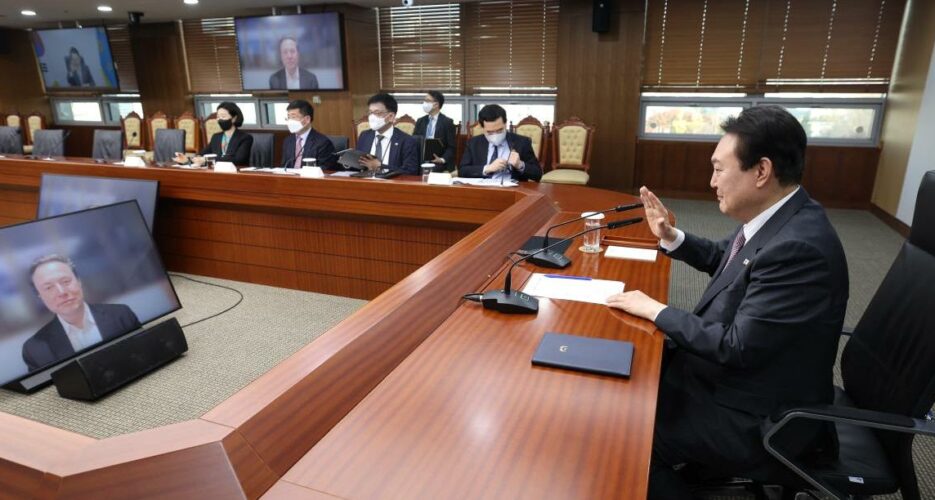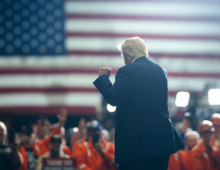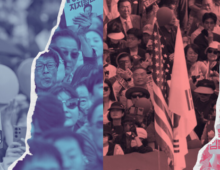ROK economy has a lot to like for automaker, but Elon Musk distractions and labor unions may be difficult to overcome
South Korean President Yoon Suk-yeol speaks to Tesla chief Elon Musk, Nov. 23, 2022 | Image: ROK Presidential Office
During a virtual meeting with Elon Musk, the head of SpaceX, Tesla and Twitter, President Yoon Suk-yeol raised the possibility that South Korea could be the home of Tesla’s next electric vehicle “gigafactory.”
A gigafactory is a lithium-ion battery and electric vehicle component center that supplies battery packs for Tesla vehicles. There are currently five gigafactories worldwide, and Musk apparently hopes to add a sixth to the Asian region to complement the one in Shanghai.
During a virtual meeting with Elon Musk, the head of SpaceX, Tesla and Twitter, President Yoon Suk-yeol raised the possibility that South Korea could be the home of Tesla’s next electric vehicle “gigafactory.”
A gigafactory is a lithium-ion battery and electric vehicle component center that supplies battery packs for Tesla vehicles. There are currently five gigafactories worldwide, and Musk apparently hopes to add a sixth to the Asian region to complement the one in Shanghai.
Get your
KoreaPro
subscription today!
Unlock article access by becoming a KOREA PRO member today!
Unlock your access
to all our features.
Standard Annual plan includes:
-
Receive full archive access, full suite of newsletter products
-
Month in Review via email and the KOREA PRO website
-
Exclusive invites and priority access to member events
-
One year of access to NK News and NK News podcast
There are three plans available:
Lite, Standard and
Premium.
Explore which would be
the best one for you.
Explore membership options
© Korea Risk Group. All rights reserved.
No part of this content may be reproduced, distributed, or used for
commercial purposes without prior written permission from Korea Risk
Group.












